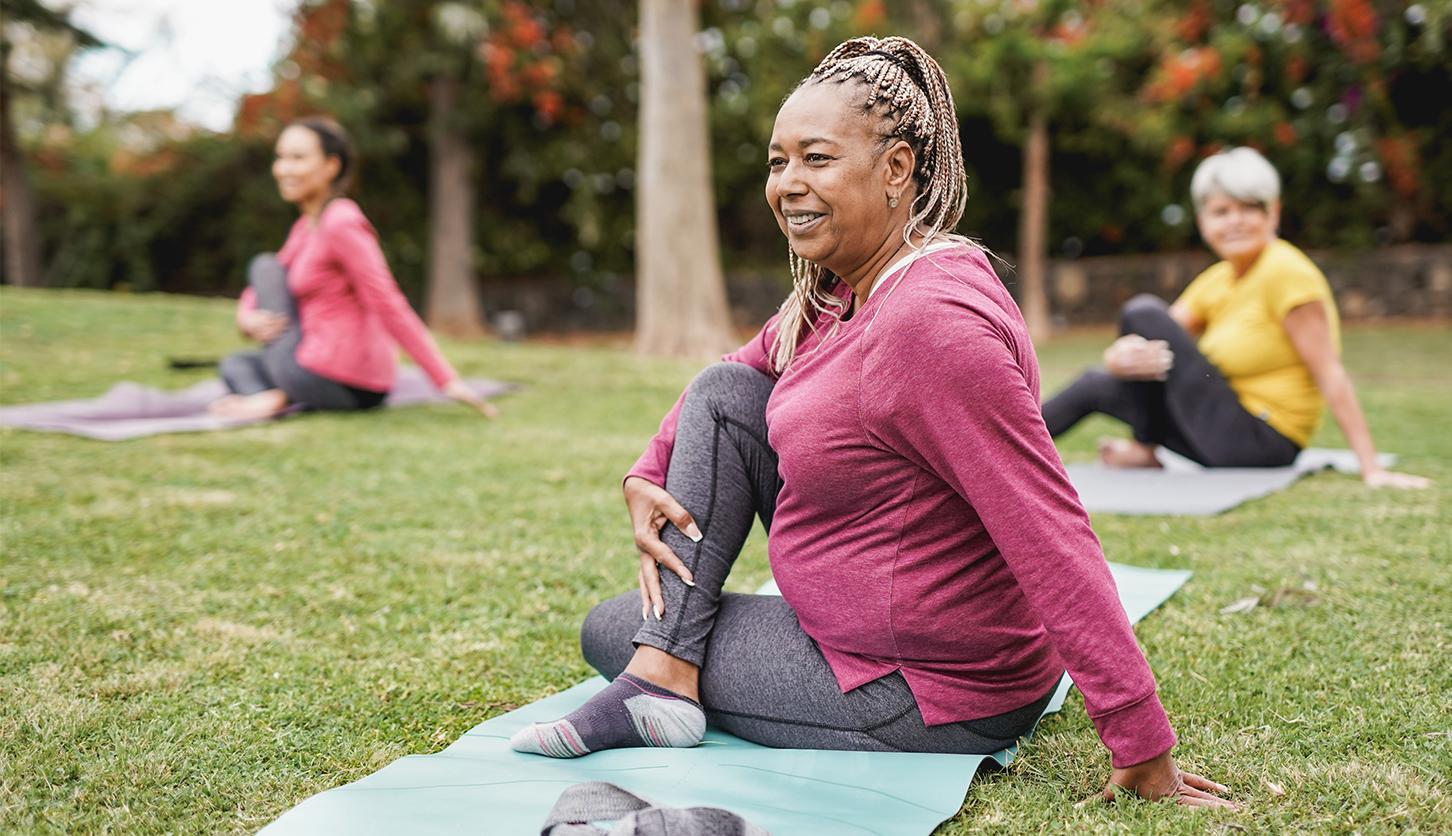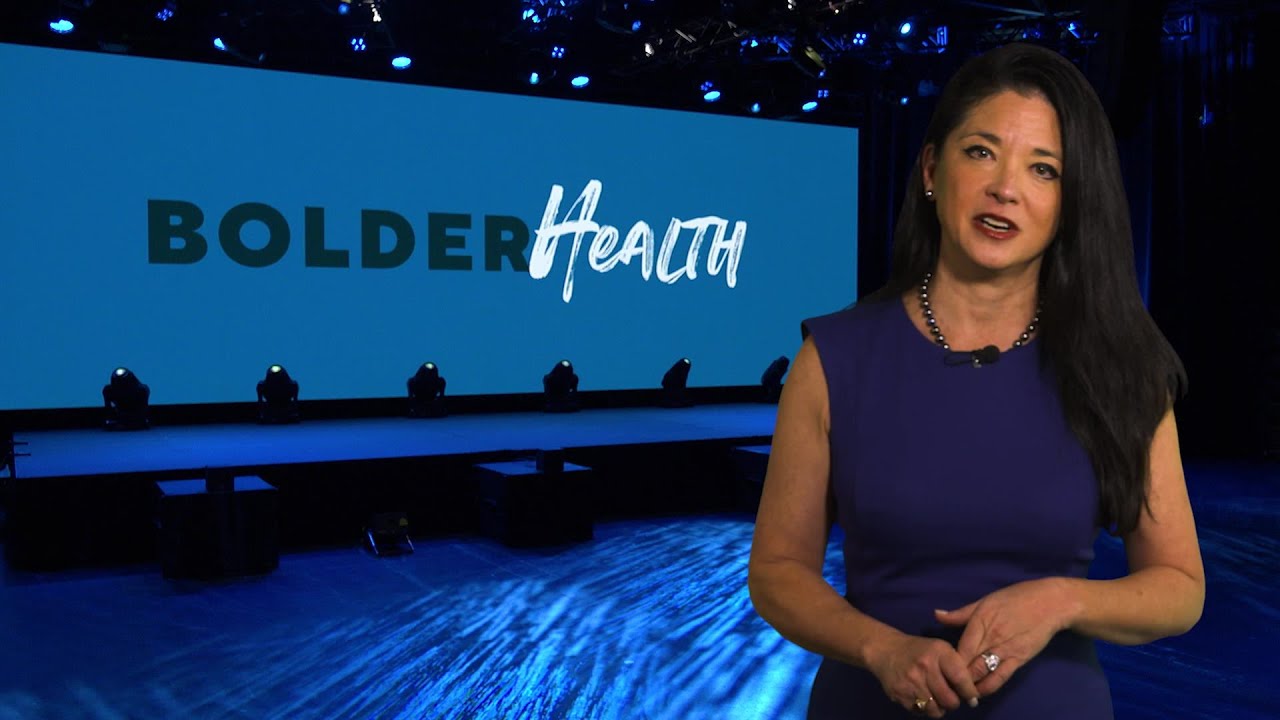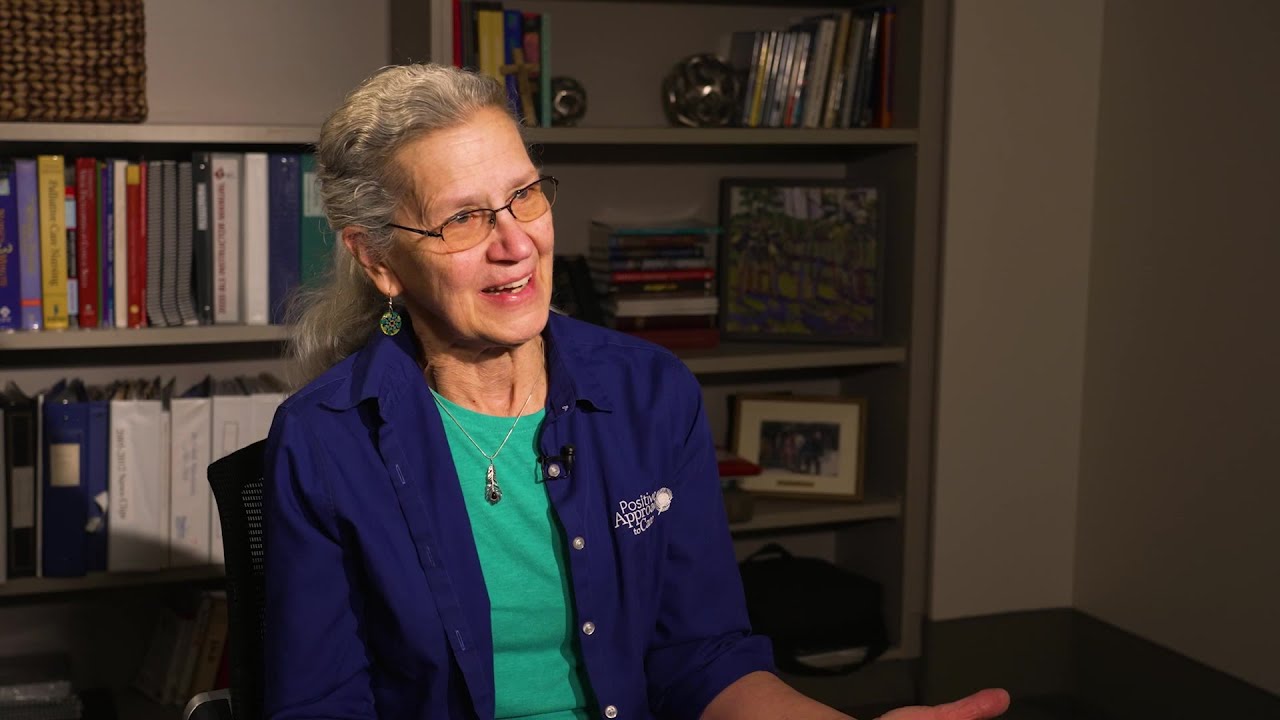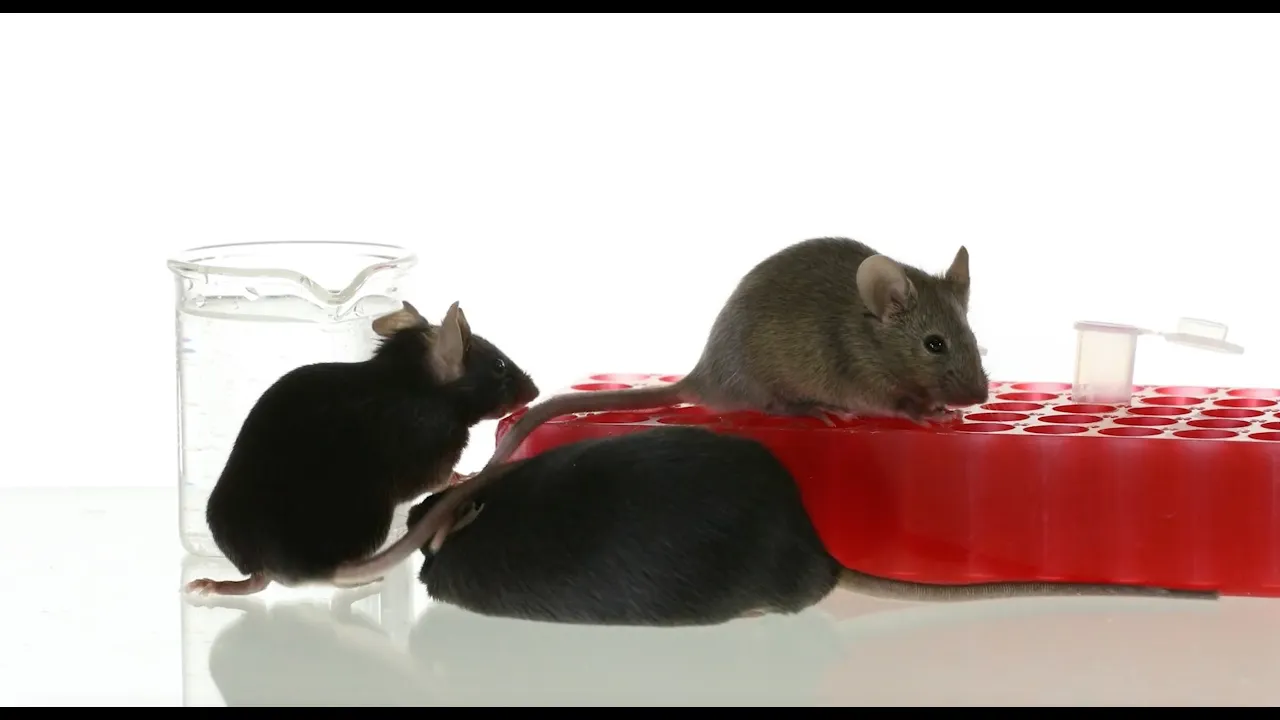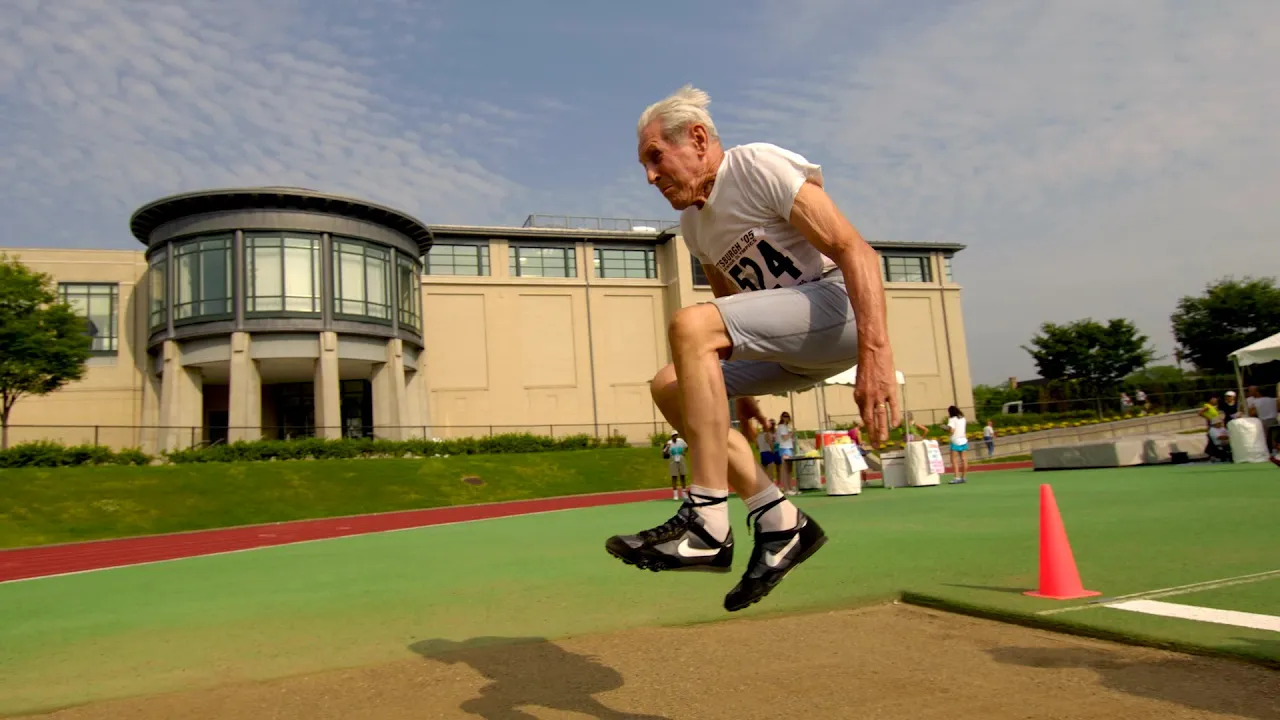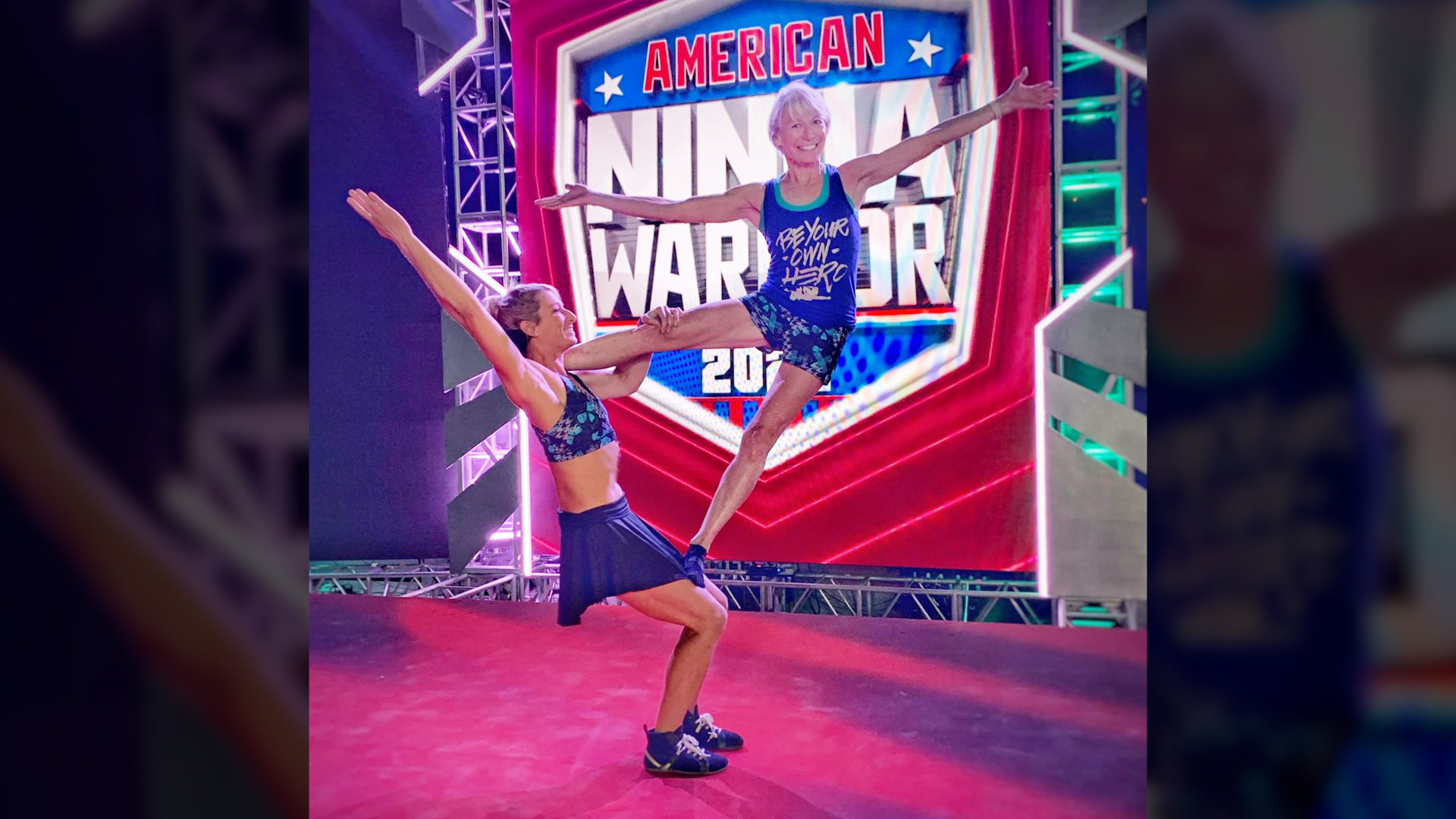Last Updated on July 13, 2022
It’s easy to read the stories of National Senior Games athletes and be inspired. It’s also easy to think, ‘Well, that’s them. I’m not an athlete.’ Neither were a lot of the Senior Games athletes when they began. Taking that first step is certainly how you begin — but how do you keep going? What’s the difference between those who set goals, and those who reach them?
Give Yourself a Chance
People fail to achieve goals they set for a variety of reasons:
Setting your sights on a goal that just isn’t realistic. It could be a goal that can’t be met in the time allotted.
Many people attempt large goals — goals that will take a long time or involve many different tactics. While it’s important to have the end in mind, it’s easy to get overwhelmed by all that’s required.
“To begin, begin,” William Wordsmith said.
Take Small Steps
Improve your chances of successfully reaching your goal by taking small steps. Can you visualize the big picture — where you want to be when you’ve arrived at your goal? Great! Now, focus on a small step toward that.
Small action steps work by highlighting what you can do today. Small steps lead to small successes. Small successes turn into accomplishments, and any accomplishment — no matter how big or small — releases the neurotransmitter dopamine into our bodies, boosting our mood and increasing our motivation to repeat what caused the release.
Create Small Targets
It’s important to stretch ourselves out of our comfort zones, but in ways that allow us to create those small wins for ourselves. For example, instead of committing to working out 30 minutes every day, set a goal to find one thing to do every day to make yourself more active.
Today, take the stairs instead of the elevator.
Tomorrow, take a 20-minute bike ride after work.
The day after, park your car as far away from the grocery store entrance and walk.
Soon you’ll find yourself looking for creative ways to accomplish each day’s goal. Results may not be immediate, but over time your small steps will add up to long-term benefits, and because you’re enjoying small successes along the way, you’ll feel better as you go.
Team Up
The reality is, we are better together. First, share your goal with someone whose opinion you respect. A 2019 study found that sharing our goals with someone we admire keeps us both accountable and motivated to keep going. Secondly, find a workout buddy. If you commit to showing up to run, walk, swim, bike or do yoga with a friend you are more likely to honor that commitment. It’s easy to find an excuse (a long day, the weather, lack of sleep) when it’s just ourselves that we’re letting down. It’s also a lot more fun to get moving with someone else to talk to and laugh with throughout the workout. According to the Centers for Disease Control and Prevention (CDC) working out with a partner makes us more motivated, adventurous and consistent.
Tap into Resources
Any time we step out of our comfort zone we’re going to encounter resistance, many times from both the outside and from within. Friends and family may push back as they adjust to new routines. Other responsibilities and obstacles will pop up. And then there’s our self-talk.
You know, that inner critical voice that says we aren’t making any progress, that this is too hard. There’s science behind that. There’s a part of our brains, the basal ganglia, that stores our existing routines and habits, and loves the status quo. Understand that’s just part of the process and remember why you’re pursuing your goals. That will help re-engage your prefrontal cortex, the most evolved part of our brains that regulates our thoughts, actions and emotions.
This story was created in partnership with our friends at Florida Blue.
Sometimes we need a little help, and Florida Blue members have access to a number of helpful tools and resources to help them on their journey to better health. For example:
→ One valuable tool available at no extra cost to most Florida Blue Medicare members is the digital mental well-being program, meQuilibrium. This self-guided personalized program improves resiliency skills and helps with mental well-being — something we can all use right now. Watch a Calm-cast video, try a resilience-building skill or complete an activity, all are designed to help you reduce your stress and improve your health, including videos on:
→ How to Embrace Change (EliorMoskowitz)
→ How to Handle Change with Confidence (Calm-Cast)
→ Can You Really Change Your Mind? (Kara Baskin)
Did you know your Medicare Advantage plan includes membership in Silver Sneakers®? Through Silver Sneakers, you get access to 14,000+ gyms and wellness centers all across the country — all at no extra cost to you. Learn more here.
Florida Blue Centers offer in person and virtual classes, as well as health coaching. Visit floridablue.com/center/find-a-center to find one near you.


